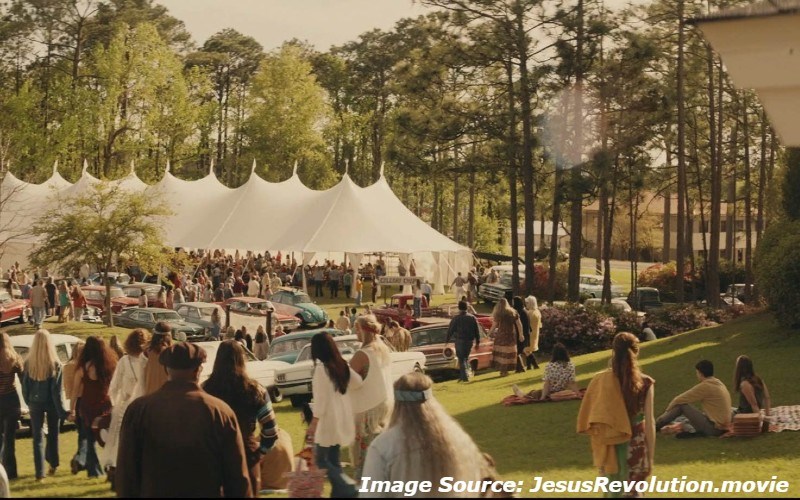According to those who witnessed the movement of the '60s and '70s and also saw the movie, the Erwin Brothers' take is spot on. And Christians are rewarding it at the box office. So far, "Jesus Revolution" has raked in more than $30 million – out-earning at least five of the Oscar nominees for best picture.
Dr. Alex McFarland of Truth for a New Generation says many otherwise solid evangelical churches of the day were accurately depicted as stodgy churchgoers in the movie. And by his observation, that attitude is still alive and well.
"The Jesus movement was beautifully unified, and that's what scared the denominational leaders and the pastors," he submits.
McFarland recognizes that America could be on the cusp of another great awakening, and he is praying churches do not let their preconceived notions of what a revival should look like cause them to miss the moment.
"Whenever revival comes, God gets to define what that looks like," the apologist asserts.

He says many Christians on social media are taking shots at what happened at Asbury University last month, with some deciding it was not real because there may have been people there speaking in tongues.
"We Christians don't have the right to tell the third member of the Trinity to stay in the background," McFarland contends.
While some believers seem to be looking for any number of reasons to throw cold water on the possibility of a revival springing out of Asbury, McFarland says it is presently too early to tell whether another "Jesus People" movement is in the works.
"Whoever believes that Jesus is the son of God, is born of God -- well, if I John 5:1 is to be believed, God's got a way bigger family than most of us theologs acknowledge," he concludes.







